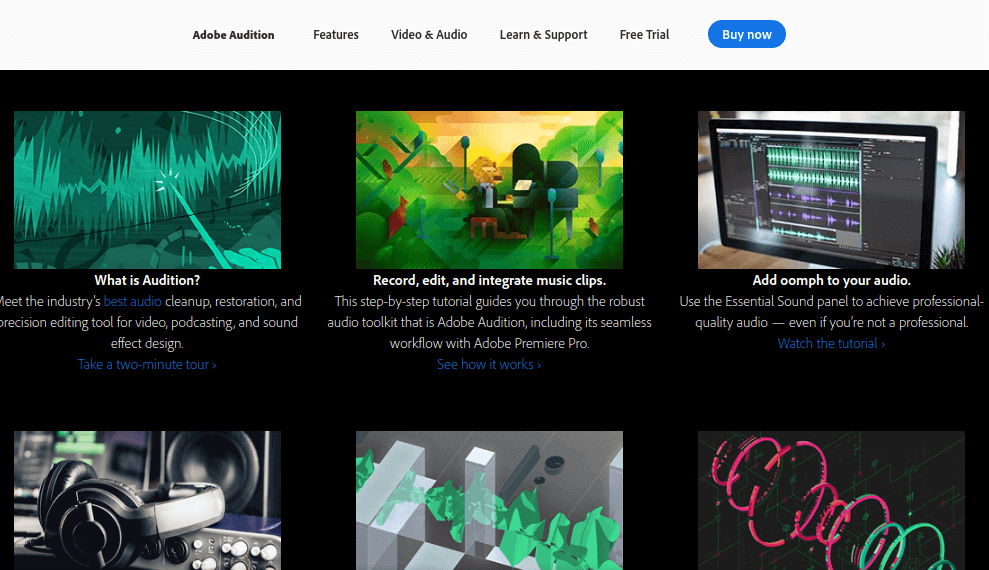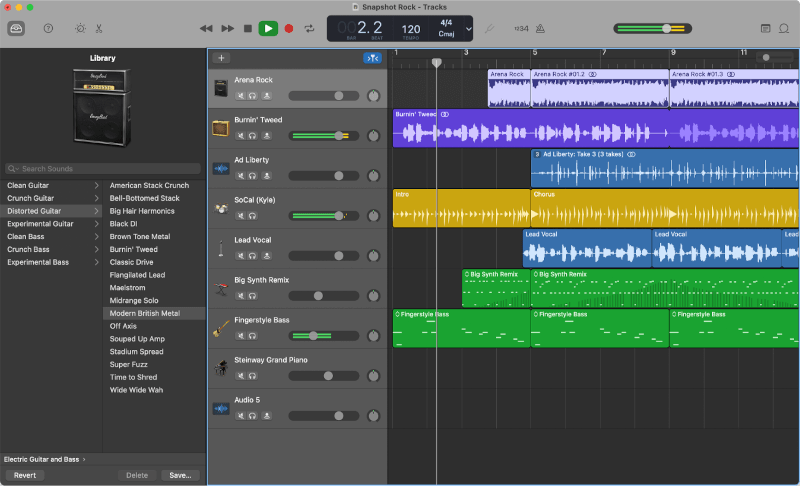

Musical Instrument Digital Interface (MIDI) is a protocol standard that communicates note data. Oak uses an Apogee Duet, which has two combo inputs for plugging in anything from a microphone to a guitar to a keyboard. An audio interface upgrades the sound quality going in and out of your computer and generally has multiple inputs to connect instruments and devices.

Most computer sound cards and outputs are meant for “consumer-grade” audio and can be less than ideal for recording professional audio.

(Oak uses one called Keyscape, which is a virtual instrument that can replicate any number of collector keyboards.) Plugins extend the capability of a DAW, and they are tools for users to create and manipulate their sounds in every way imaginable.Īn audio interface is basically an external sound card. Plugins can generally be grouped into one of three categories: audio signal processing (like a delay or compressor), analysis (like metering for peaks), or sound synthesis. These DAWs are incredibly robust, allowing musicians to have control over the entire process of writing music, from creating melodies, to adding effects, to mixing everything down into a final completed song.Īudio plugins are software components that are loaded into host DAWs. Within the music realm, popular software DAWs include Ableton, Pro Tools, and Logic, which is what Oak Felder uses. “So, technically, I’m mobile everywhere.”Ī few common digital music production termsĪ digital audio workstation, or DAW, is an electronic device or piece of software that allows for recording, manipulating, and creating audio. “My main computer is a laptop,” Felder tells me. Instead of a big traditional mixing board, there’s a desk for his laptop, where he plugs in and works off of Apple’s DAW, Logic. Even though celebs come in and out of this space regularly to create their next hits, if you look closely at the gear Felder uses to make all these songs you hear on the radio, it’s not much different from what bedroom producers use around the world.

He splits his time between Atlanta, where his actual home is, and LA at this home studio on steroids. Oak Felder is a songwriter and record producer who is one half of Pop & Oak, who are responsible for crafting hits like Nicki Minaj’s “ Your Love,” Alessia Cara’s “ Here,” and Demi Lovato’s “ Sorry Not Sorry,” among many others. This might be the upper echelon of what a modern home studio is, but it’s recognizable as a home studio nonetheless. Felder bought the property and transformed it from a house into a vibey, chill-out compound that happens to have a fully built recording studio in the lower level. When I walk into music producer Oak Felder’s studio in the hills of Los Angeles for episode 4 of The Future of Music, it doesn’t feel like a “traditional” label studio.


 0 kommentar(er)
0 kommentar(er)
